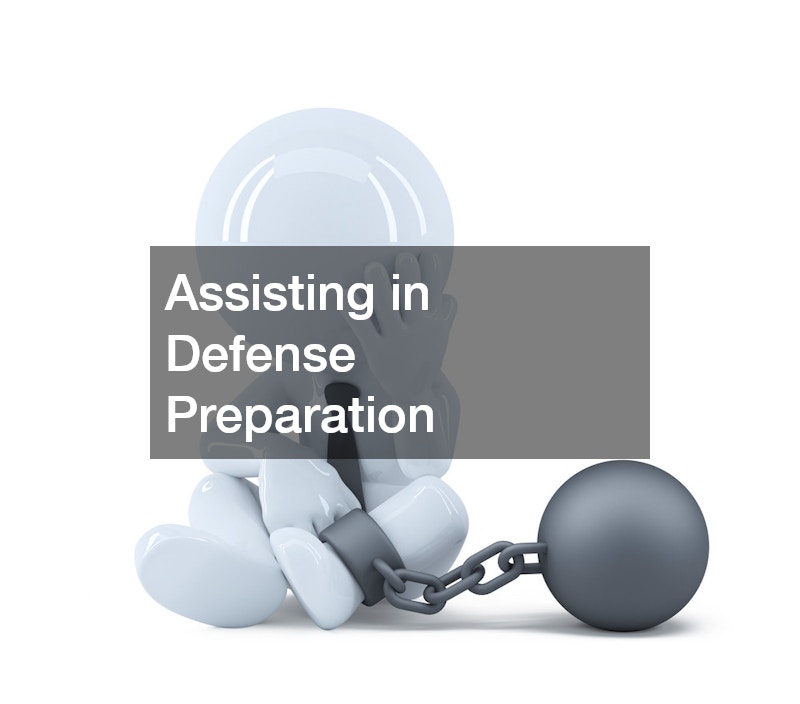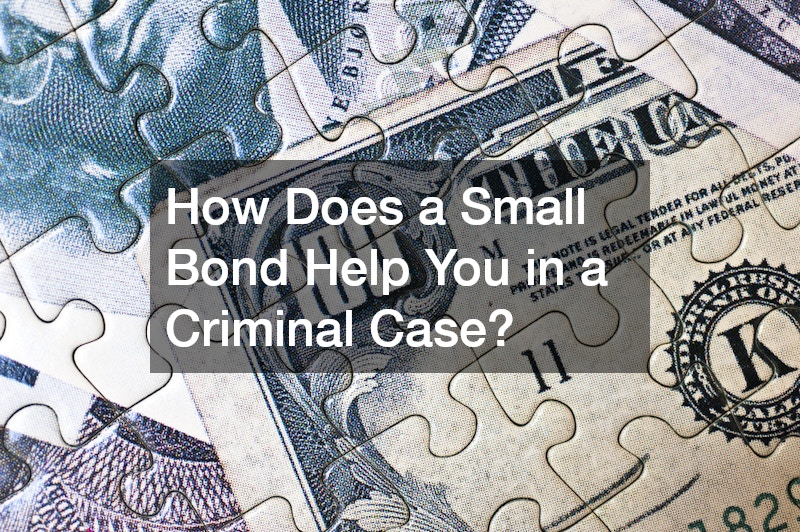In criminal cases, the concept of bail and bonds can often be a confusing maze for those unfamiliar with the legal system. A small bond, in particular, might seem insignificant, but it can play a crucial role in the criminal defense process. This article delves into how a small bond might benefit a defendant and discusses frequently asked questions related to this topic.
What is the Purpose of a Small Bond in Criminal Cases?
Aiding Temporary Release
A small bond facilitates a defendant’s temporary release from custody while awaiting trial, which is essential for maintaining one’s personal affairs. By posting a small bond, defendants can avoid the disruptions that can arise from prolonged incarceration. This temporary release allows individuals to prepare for their court appearances effectively.
Furthermore, being released on a small bond offers defendants the opportunity to demonstrate compliance with court orders. This compliance can sometimes be viewed favorably by the court, potentially influencing future bail decisions. The freedom obtained through a small bond thus plays a crucial role in supporting a defendant’s overall defense strategy.
Moreover, small bonds can also encourage defendants to take practical steps to fulfill their legal obligations, thereby enhancing their credibility. As a result, the court may gain a more favorable impression of the defendant’s intentions. The ability to manage one’s personal and legal obligations without the constraints of detention underlines the significance of a small bond in criminal proceedings.
Influence on Court Perception
Securing a small bond might positively impact the court’s perception of a defendant’s intent to appear for proceedings. When a defendant is willing to post bail, it might demonstrate their commitment to facing the charges and complying with the justice system. This can serve as a non-verbal assertion of the defendant’s respect for legal processes.
A small bond signals to the court that the defendant is less likely to attempt to flee, thus fostering a sense of trust between the defendant and the legal system. Such trust could potentially lead to more lenient terms and conditions during the trial. The perception that a defendant can be trusted is crucial, as it can affect decisions regarding future conditions and freedoms.
The willingness to adhere to court requirements while out on bond could also influence sentencing outcomes. A defendant who actively participates in their legal obligations might be viewed more favorably during sentencing. The cumulative effect of these positive perceptions overall emphasizes the strategic advantage of securing a small bond.
How Can a Small Bond Impact the Outcome of a Criminal Case?
Assisting in Defense Preparation
Being out on bond facilitates a significant advantage for defendants in preparing their defense more effectively. The ability to meet with legal counsel in person and frequently is crucial in formulating a robust defense strategy. This level of access and interaction can lead to better understanding and preparation for upcoming legal challenges.
Additionally, having the freedom to gather evidence, contact witnesses, and organize documentation is pivotal for a strong defense. The unrestricted movement provided by a small bond is instrumental in executing these tasks efficiently and comprehensively. Each aspect of preparation can be addressed more thoroughly, contributing to a more comprehensive legal plan.
The enhanced ability to work closely with a legal team while out on bond reflects a proactive stance toward handling one’s legal situation. This proactive approach not only affects immediate preparation but can also influence the perceived seriousness that a defendant brings to their case. Being actively engaged in one’s defense sets a positive tone for the proceedings ahead.
Enabling Continued Employment
One notable effect of a small bond is its potential to allow a defendant to remain employed during the trial period. Continued employment ensures a consistent income stream, vital for sustaining personal and family needs. Beyond financial stability, maintaining employment can also have a positive influence on the court’s decisions.
Remaining employed may serve as evidence of the defendant’s commitment to rehabilitation and personal responsibility. Defendants who retain their jobs may be perceived as having structured, stable lives, which could favorably impact sentencing considerations. Employment continuity as an argument underscores the defendant’s ties to the community and readiness to reintegrate positively post-trial.
Additionally, employers’ letters of support vouching for the defendant’s character and work ethic can be valuable assets in court. This constructive aspect of employment enhances the overall perception of the defendant and the likelihood of lenient outcomes. The intersection of employment continuation and legal proceedings exemplifies the broader utility of securing a small bond.
While a small bond may seem trivial, its implications for a criminal case can be profound. From facilitating defense preparation to maintaining life stability, understanding the value and impact of a small bond can be pivotal for defendants. The knowledge of these benefits can empower individuals facing criminal charges to navigate their legal journeys with greater confidence and efficacy.

